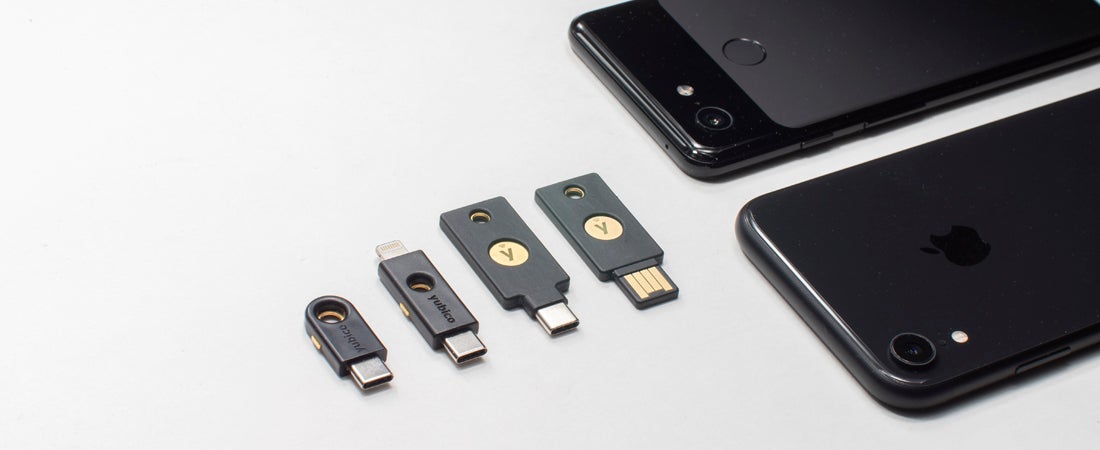Today, Yubico is excited to release public beta versions of the next generation of our mobile SDKs for both iOS and Android platforms. The Yubico Mobile SDKs can be used to integrate multi-protocol YubiKey support into mobile apps via near-field communication (NFC), Lightning, and USB connections (USB available for Android only). With this public preview, we want to give our developer community a sneak peek into what’s to come, and we hope to get feedback which we can incorporate into the generally available versions slated to release early next year.
The Yubico Mobile SDKs help developers build strong authentication into mobile apps quickly and easily. They unlock the power of the YubiKey to protect user identities and data, and provide a consistent user experience across platforms and devices. The Yubico Mobile SDKs include libraries, code samples, and documentation for both iOS and Android platforms.
What’s new
Looking back, each release of the Android and iOS Yubico Mobile SDKs have primarily been feature driven. We’ve learned a lot along the way, but looking at the bigger picture, it was clear that the next step was to unify the developer experience across the two SDKs and streamline the integration experience across platforms. For example, some of the earlier features in the SDKs operate differently from some of the later features, some features were originally designed around platform limitations that have since been lifted, and so on.
It was also important to us that we don’t treat iOS and Android developers as different isolated islands. Instead, we want developers to feel at home, and to be able to move easily between platforms without feeling like they have to learn a completely different SDK. We’re now aiming for a more consistent experience in terms of structure, functionality, and naming. That said, we fully acknowledge that platforms sometimes do have fundamental differences, and we first and foremost aim to be idiomatic.
The new versions of both the Android and iOS SDKs achieve our goal of making things easier and faster for developers, while greatly elevating the level of security built into the new apps and services being built. We’ve restructured things quite a bit to make them much more consistent, both internally as well as across platforms. We want to offer the same functionality, in a similar fashion, regardless of whether a developer is on iOS or Android. This does mean breaking some backward compatibility, but we’re confident that the benefits of a streamlined experience will greatly outweigh the inconvenience of having to migrate some code. To help mitigate any challenges that may exist with migration, we plan to host a webinar with more detailed guidance closer to the date of general availability.
How to get started
With the new releases of our mobile SDKs, we hope to put a solid foundation into place that developers — including our own — can rely on to build amazing apps that utilize the full power of YubiKeys. To learn more, please join us for two webinars (which will be available live and on-demand) where we’ll give a first-hand look at utilizing each SDK:
- December 8 — Yubico Mobile Series: Introduction to the Yubico Android SDK 2.0
- December 10 — Yubico Mobile Series: Introduction to the Yubico iOS SDK 4.0
After that, download our iOS and Android Mobile SDKs from GitHub, and try them out for yourself. Remember, we need your feedback to guide us on what to improve and what to focus on next, so please let us know your thoughts in GitHub issues!



